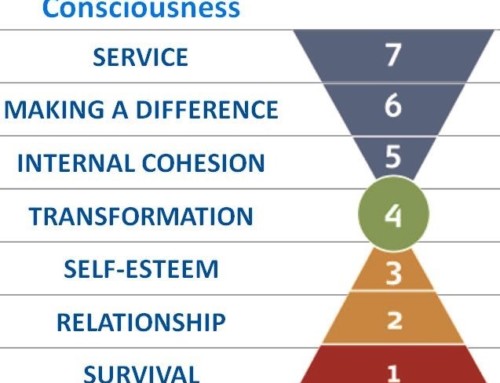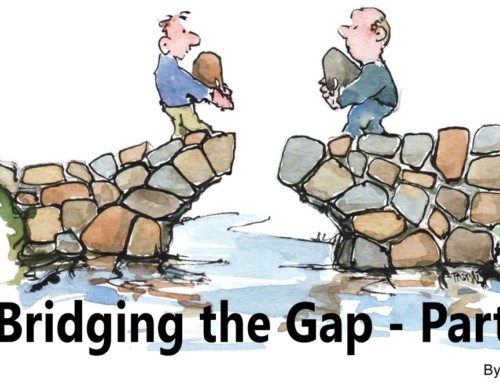Bob Chapman, Chairman and CEO of Barry-Wehmiller said in a talk on “People-Centric Leadership” at Washington University OLIN school of business:
“…Nobody can be managed. Nobody wants to be managed, but we have you take management classes, give you management degrees, give you management titles, and therefore you think you are supposed to manage…”
We all know this is true, yet how are we to drive performance for our many business stakeholders if not by management?
Chapman calls the alternative “People-Centric Leadership”.
A quick search in Google or Amazon will show you thousands of articles and books that have been written on the difference between managers and leaders, yet there are still far more managers than leaders in our businesses and organizations. Why is that? We think it’s a skills gap, specifically, a coaching skills gap. Just look at these critical differences between someone who relies on a directive style of communication, versus someone who uses a coaching style.
- A manager gives direction, a performance coach asks questions.
- A manager thinks they have the best answer, a coach believes the person closer to the problem had the best answer.
A manager tells the employee what to do, a coach listens to help the employee develop their own thinking.
When you look at the above differences, it begins to become clear why a coach approach is the essence of a shift from managing to leading. Unfortunately, the skill of everyday performance coaching is still not widely understood or taught in most organizations.
We will use this blog over the coming year to outline some of the key points that will help organizations and those who wish to become better leaders understand and apply performance coaching in their everyday interactions with employees.
Performance coaching is an essential skill that can be taught and learned using a combination of traditional study, self-reflection, peer-practice and on-the-job application. It is a skill required for anyone who would like to lead in the new global economy, not just a specialty calling for those of us who have decided to make other forms of coaching our calling. In our next few blog installments, we will expand on this point to differentiate the everyday skill of performance coaching from the many other types of coaching and mentoring that are often confused with performance coaching as a leadership style.






Leave A Comment
You must be logged in to post a comment.